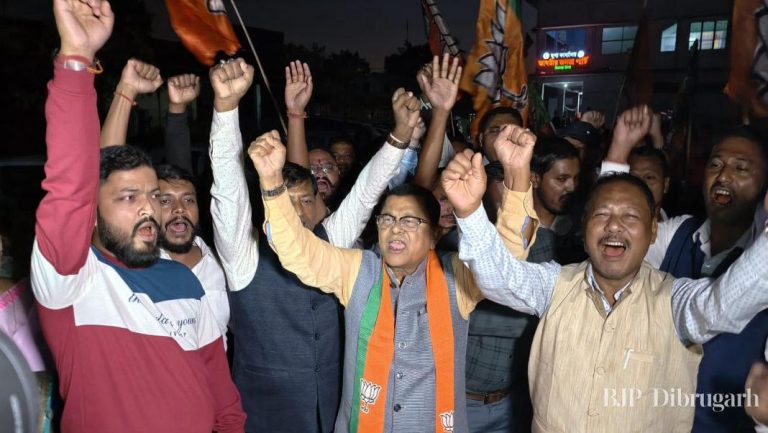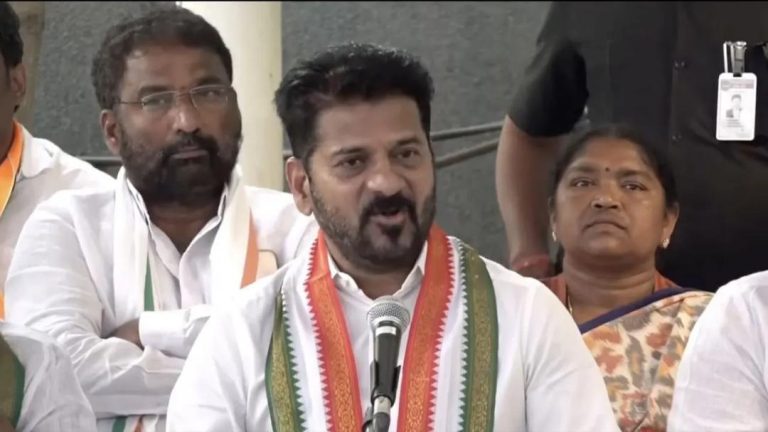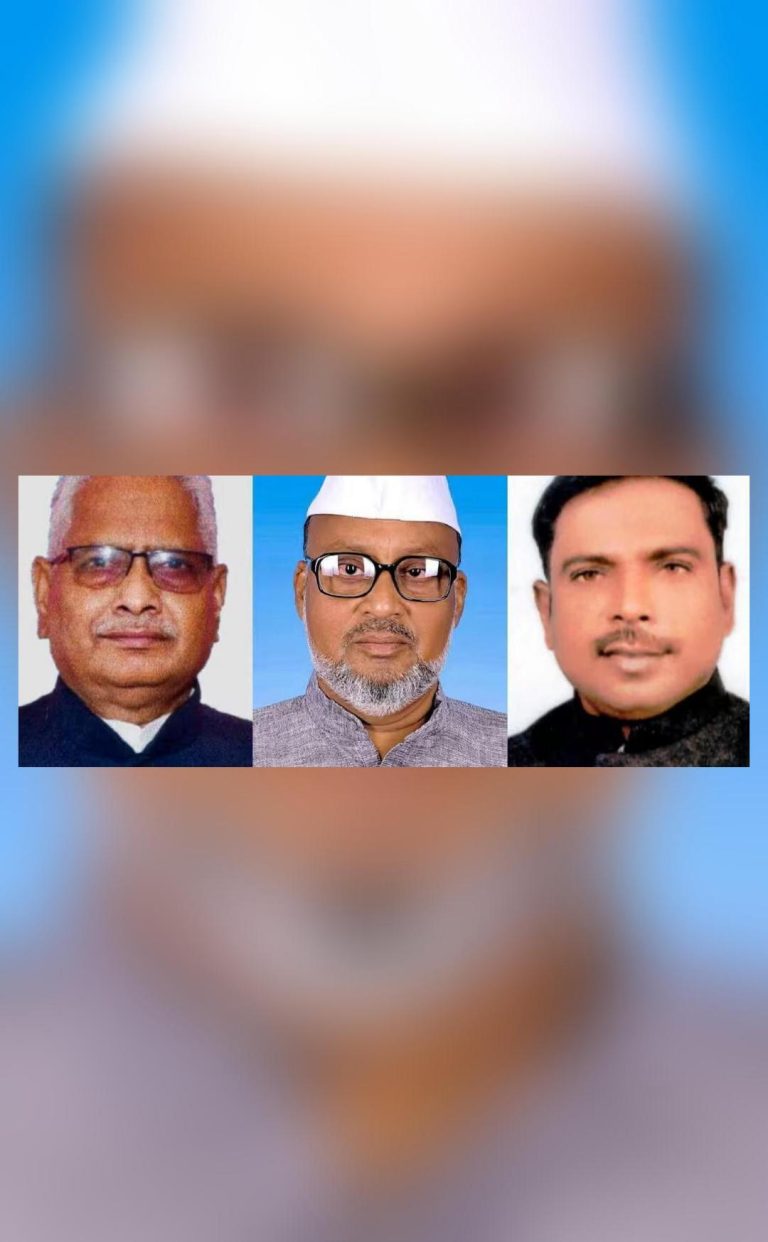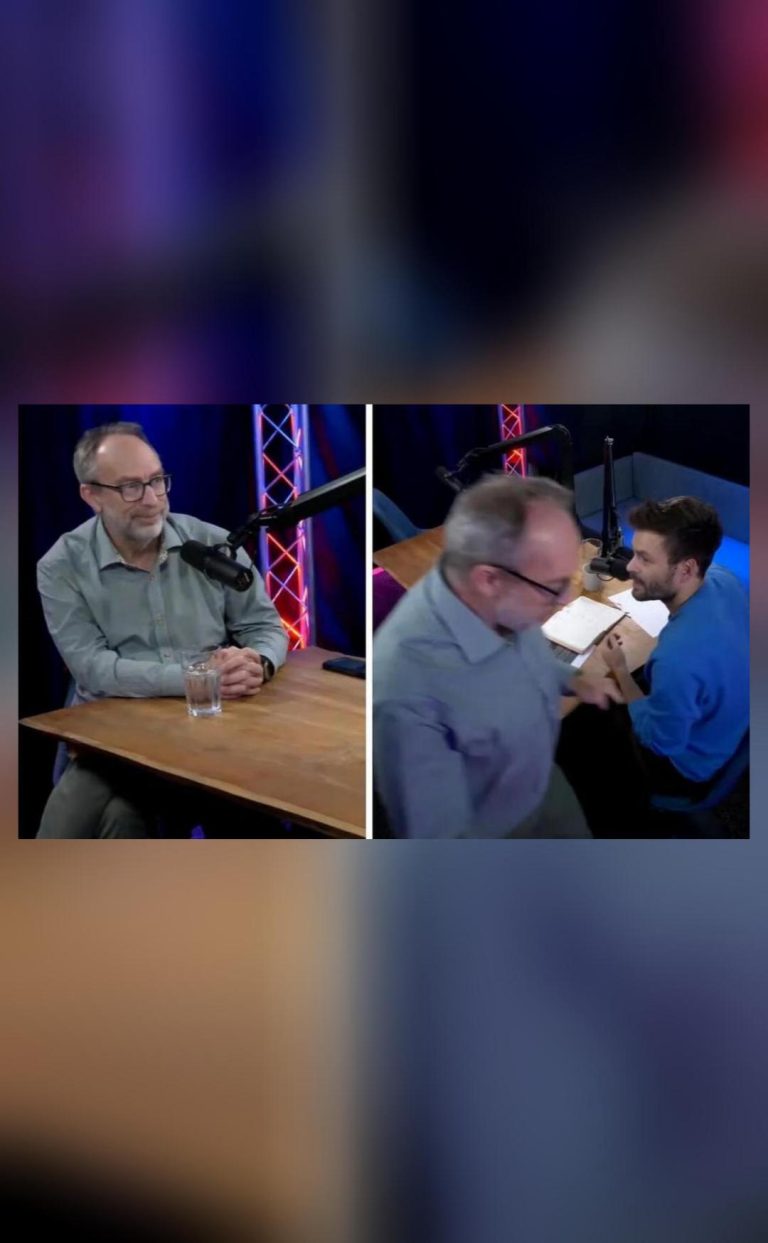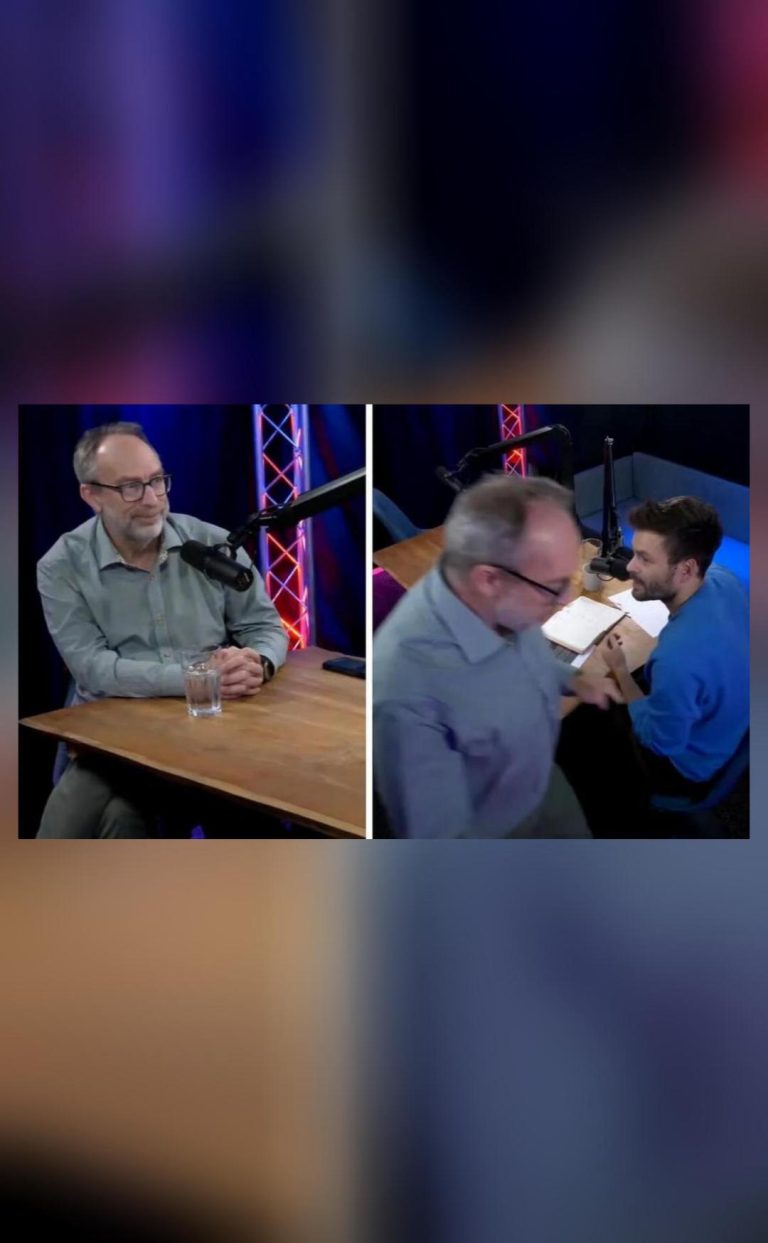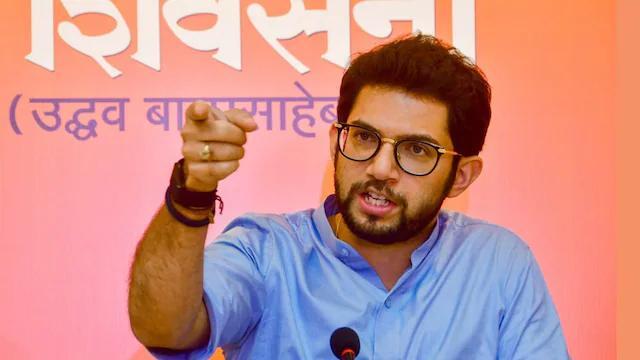
Can’t tolerate Hindi being made compulsory in Maharashtra: Aaditya
The ongoing debate over making Hindi compulsory in schools across Maharashtra has taken a new turn with Shiv Sena UBT leader Aaditya Thackeray expressing his strong opposition to the move. Speaking exclusively to News18, Aaditya Thackeray emphasized that making Hindi compulsory in the state is not acceptable and must be resisted.
Aaditya’s statement comes soon after his father, Maharashtra Chief Minister Uddhav Thackeray, and his uncle, Maharashtra Navnirman Sena (MNS) chief Raj Thackeray, announced a joint rally on July 5 to protest against the imposition of Hindi in Maharashtra schools. The rally is expected to garner significant attention and support from the people of Maharashtra, who are fiercely protective of their regional identity and language.
“We cannot tolerate Hindi being made compulsory in Maharashtra,” Aaditya Thackeray said in the interview. “We are not against Hindi, but we cannot accept it being forced upon us. We are a multilingual state, and we have our own language, Marathi. We should be proud of our identity and culture, and we should not compromise on that.”
Aaditya’s statement is significant, given the Shiv Sena’s historical stance on the issue. While the party has always been vocal about promoting Hindi as a national language, it has also been protective of the Marathi language and culture. The party’s decision to join hands with the MNS, which is known for its anti-Hindi stance, is seen as a significant shift in its approach to the issue.
The Maharashtra government’s decision to make Hindi compulsory in schools has been met with widespread resistance from various sections of society, including students, teachers, and parents. Many have expressed concerns that the move will lead to the erosion of the state’s unique identity and culture, as well as the marginalization of regional languages.
Aaditya Thackeray also emphasized the importance of preserving the state’s cultural heritage and identity. “We have a rich cultural heritage and identity that is unique to Maharashtra. We should not compromise on that. We should be proud of our language, our culture, and our traditions, and we should not let anyone undermine that.”
The Shiv Sena UBT leader also appealed to the people of Maharashtra to join the July 5 rally in large numbers. “Those who want to save Mumbai must come together on July 5,” he said. “We want to send a strong message to the government that we will not tolerate any attempts to undermine our language, culture, and identity.”
The rally is expected to be a significant show of strength for the Shiv Sena and the MNS, and it is likely to put pressure on the government to reconsider its decision on making Hindi compulsory in schools. The event is also likely to be a significant test for the alliance between the two parties, which has been facing criticism from various quarters.
In conclusion, Aaditya Thackeray’s statement is a significant development in the ongoing debate over making Hindi compulsory in Maharashtra. The Shiv Sena UBT leader’s opposition to the move is likely to resonate with the people of Maharashtra, who are fiercely protective of their regional identity and language. The joint rally on July 5 is expected to be a significant event, and it will be interesting to see how the government responds to the opposition to the move.
